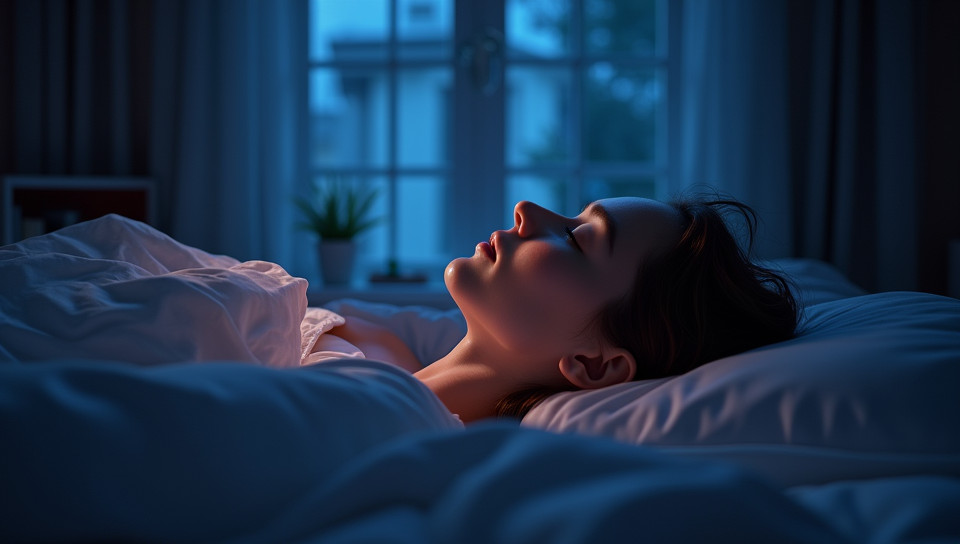Low light intensity increases melatonin secretion 62%

The Secret to Better Sleep: How Low Light Intensity Affects Melatonin Levels
As we navigate our increasingly busy lives, it's no secret that sleep is essential for both physical and mental health. But did you know that the environment around us can significantly impact the quality of our sleep? In fact, research has shown that low light intensity plays a crucial role in regulating melatonin secretion – a hormone responsible for inducing drowsiness and helping us fall asleep.
What is Melatonin?
Melatonin is a hormone produced by the pineal gland, a small endocrine gland located in the brain. It's often referred to as the "sleep hormone" because it helps regulate our sleep-wake cycles. When melatonin levels are high, we feel drowsy and tired; when they're low, we feel alert and awake.
The Role of Light in Melatonin Regulation
Light exposure is a key factor in regulating melatonin secretion. In the presence of bright light, especially during the day, melatonin production is suppressed. Conversely, in low-light conditions, melatonin levels increase, helping us prepare for sleep.
- Darker environments promote melatonin release
- Increased exposure to artificial light can suppress melatonin production
- Exposure to natural light during the day helps regulate circadian rhythms
The Impact of Low Light Intensity on Melatonin Secretion
Studies have consistently shown that low light intensity increases melatonin secretion, leading to improved sleep quality and duration. This is especially relevant in today's world where we're constantly exposed to artificial lighting, even in our bedrooms.
Practical Applications for a Better Night's Sleep
So, what can you do to optimize your sleep environment? Here are some practical tips:
- Use dim red lights or nightlights instead of bright overhead lamps
- Install blackout curtains or shades to block out external light sources
- Avoid screens (phones, tablets, TVs) at least an hour before bedtime
Conclusion
In conclusion, the relationship between low light intensity and melatonin secretion is a crucial aspect of sleep health. By creating a conducive sleep environment that promotes melatonin release, we can improve the quality of our sleep and wake up feeling refreshed and revitalized.
- Created by: Jerren Gan
- Created at: Oct. 13, 2024, 6:56 a.m.
- ID: 12289

